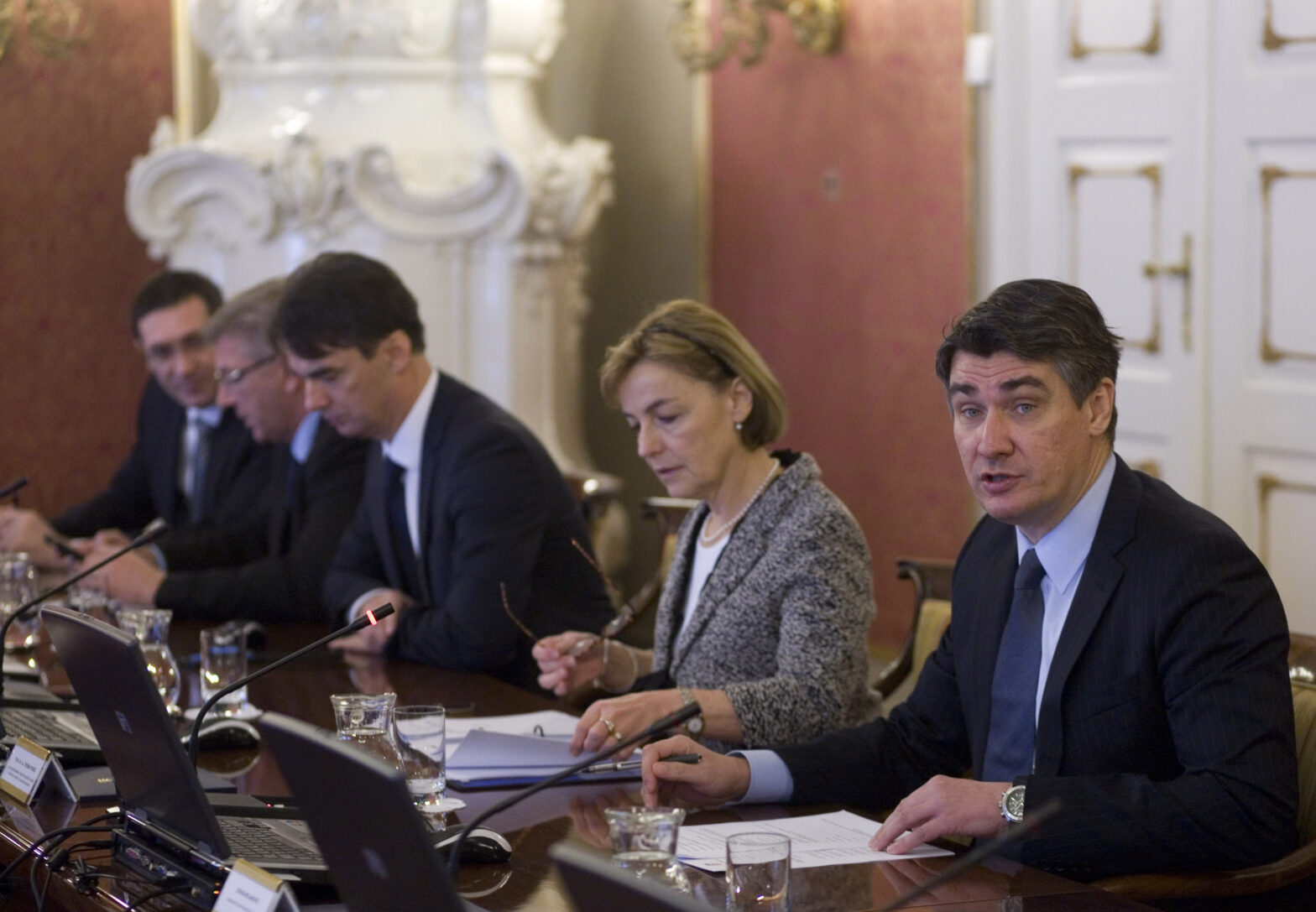Organizations gathered under the umbrella of GOOD Initiative for systematic and quality introduction of civic education in schools and Platform 112 hereby call upon the Government of the Republic of Croatia to ensure quality introduction and implementation of content and methods aiming at development of civic competences of pupils as active and responsible citizens pursuant to proclamations and plans based in Plan 21 and the Coalition Agreement.
Both European Framework of Reference for life-long learning and National Curriculum Framework for Pre-school Education and General Compulsory and Secondary Education (NCF) describe civic competence as one of basic competences, while research[1] indicates that youth do not have the knowledge and skills necessary for responsible democratic citizenship, which they perceive as important for living in contemporary society. A connection between non-democratic stances and ignorance has been confirmed, and formal education may and should play an important role in development of democratic citizenship. In 1999, National program for human rights and democratic citizenship education was introduces, but implementation through projects, elective subjects and out-of-class activities until today had proven insufficient for development of civic competences of all pupils. On experimental basis, Civic Education Curriculum was introduced in 12 schools in the academic year 2012/ 13. Monitoring of the implementation indicated the need for systematic and quality introduction of content and methods of work in schools as well as a positive effect of civic education on relationships within the school and participation of pupils.
Children and youth are entitled to development of own civic competence as one of key competences necessary for everyday life in the community, while the society is responsible for establishing conditions for such development within the education system. Government of the Republic of Croatia should support human and financial resources and efforts invested until today by teachers and educators, experts and civil society, and ensure conditions for systematic and quality introduction of civic education. Results of the experimental implementation showed that inter-subject teaching of civic education throughout the entire educational cycle is important for democracy and better relationship within school, but under the condition that additional room and time in the schedule is allowed for a special subject necessary for complete development of pupils’ civic competence. We emphasize that civic education is an investment in social development and ensuring requirements for citizens’ contribution to democracy. If we wish to assure in the long-term the quality of democracy and human rights, the Ministry of science, education and sports should invest efforts towards a systematic and quality introduction and implementation of civic education.
[1] Centre for Human Rights research entitled “Democracy and human rights in elementary schools – theory and practice“, 2009; “Study on political socialization of Croatian high-school students“, GONG and Faculty of Political Science, 2011; Research entitled, “Youth in times of crisis”, Institute for Social Research, 2013, et al.
GOOD Initiative for systematic and quality introduction of human rights and democratic citizenship education into the educational system includes: CARPE DIEM udruga za poticanje i razvoj kreativnih i socijalnih potencijala djece, mladih i odraslih (CARPE DIEM association for encouragement and development of creative and social potential of children, youth and adults); Centar za civilne inicijative (Centre for civil initiatives), Centar za građanske inicijative Poreč (Centre for citizens’ initiatives Poreč), Centar za mirovne studije (Centre for peace studies); CESI – Centar za edukaciju, savjetovanje i istraživanje (CESI – Centre for education, counselling and research); DirDem – Direktna demokracija u školama (DirDem – Direct democracy in schools); Documenta – Centar za suočavanje s prošlošću (Documenta – Centre for dealing with the past); Forum za slobodu odgoja (Forum for freedom of education); GONG; Hrvatsko debatno društvo (Croatian debate society) ; Hrvatski centar za dramski odgoj (Croatian centre for drama education), Hrvatska mreža volonterskih centara (Croatian volunteer centres network), Koordinacija udruga za djecu (Coordination of associations for children); Kuća ljudskih prava Zagreb (Human Rights House Zagreb); LORI Rijeka; Mreža centara za obrazovne politike (Network of Education Policy Centres); Mreža mladih Hrvatske (Croatian Youth Network); Slobodna škola-društvo za promicanje demokratskog obrazovanja (Free school- society for promotion of democratic education); Zagreb Pride; Zelena akcija (Friends of the Earth Croatia), Ženska soba – Centar za seksualna prava (Women’s Room – Centre for sexual rights) and Ženska udruga IZVOR (Women’s association IZVOR). Organizations within the Platform 112 support systematic and quality introduction of civic education
